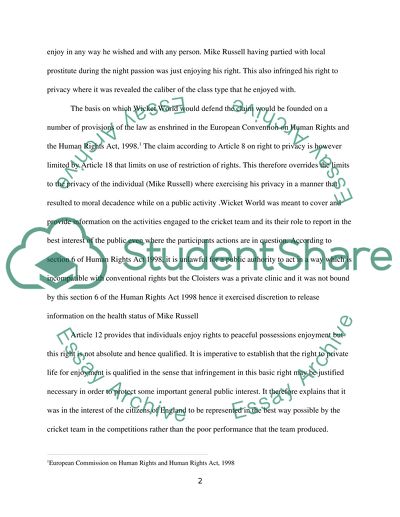Cite this document
(“European Convention on Human Rights Essay Example | Topics and Well Written Essays - 4500 words”, n.d.)
Retrieved from https://studentshare.org/law/1404314-european-convention-on-human-rights
Retrieved from https://studentshare.org/law/1404314-european-convention-on-human-rights
(European Convention on Human Rights Essay Example | Topics and Well Written Essays - 4500 Words)
https://studentshare.org/law/1404314-european-convention-on-human-rights.
https://studentshare.org/law/1404314-european-convention-on-human-rights.
“European Convention on Human Rights Essay Example | Topics and Well Written Essays - 4500 Words”, n.d. https://studentshare.org/law/1404314-european-convention-on-human-rights.


